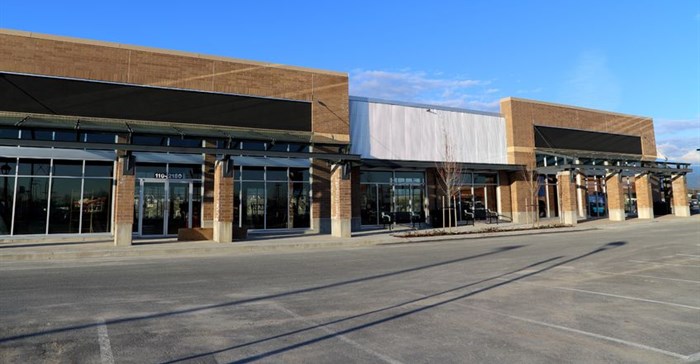Selecting a specific asset class in which to invest can be an overwhelming task for a new or first-time commercial property investor.
Breaking down the decision into its simplest components and assessing the options from an educated vantage point is the key to getting started, says Leon Breytenbach, national manager of the Rawson Property Group’s commercial division. “Though there are many specific commercial property types ultimately available, these can be broadly categorised into three main groups: retail, offices and industrial.”
Taking the first step
“There are a number of factors to consider before you finally decide which property type will be the best one for you,” explains Breytenbach. You would be wise not to make your decision hastily. There is no right or wrong answer as each of the three categories has its own risks and rewards. You could find a great opportunity in any of the three main asset class categories. It is, therefore, wise to examine all three categories, taking into consideration what you want to put into the investment and which class will ultimately suit you best.
As a starting point, it might help to establish with which of the three main commercial asset classes you are most familiar, he says. This will go a long way towards boosting your confidence if you are a first-time investor, giving you a sense of assurance in the investment journey upon which you are about to embark. “Look around at your family, friends and acquaintances,” suggests Breytenbach. “Do any of them have experience within a particular commercial asset type?” They could be of valuable use to you, providing you with useful insights into the running and mechanics of their respective asset class.
Your objective
Establish what your goals are in making an investment within the commercial property realm. “Decide whether you wish to invest for five years or less which would be considered a short-term period,” suggests Breytenbach, “or are you in for the long haul, which would be in excess of five years?” Some property types may be better suited to long-term investment, while others might be better kept limited to a shorter term. Another facet which requires consideration is the level of risk each property type carries and the amount of risk you are willing to accept within your investment. It would also be wise to estimate the anticipated cash-flow from your commercial property very conservatively for the first few years so as to be sure that you do not find yourself in financial difficulties. It would be singularly disappointing to have to offload an investment before it had realised a worthwhile amount of its anticipated profits.
Location, location
Take a good look at the asset you are strongly considering and then at the area in which it is situated. Is it adequately suited to the area and its ethos? Find out what the area has experienced in the past few years. Ask around to find out whether there has been an increase in industrial businesses moving into the area or an increased uptake of office space. Check whether there have been any large retail developments which have recently come onto the market. It would also aid your decision if you find out about any developments which have been approved but not yet built, as this could work for or against your investment. “It would be useful to analyse the attributes of similar competitive commercial properties in your chosen location,” advises Breytenbach, “to see whether these factors might inhibit or improve your prospective asset’s performance.”
“It is necessary for a profitable commercial property to satisfy all of the key requirements of the respective investment type,” says Breytenbach. Though ultimately specific to the asset type, these requirements may include onsite parking, access to public transport, passing foot traffic or, in the case of some industrial entities, it might be the freedom to make a lot of noise without the fear of complaints from nearby establishments. Whatever your final choice may be, it must suit the property type’s needs, be in the correct position and have a viable chance to become a worthwhile investment.











































